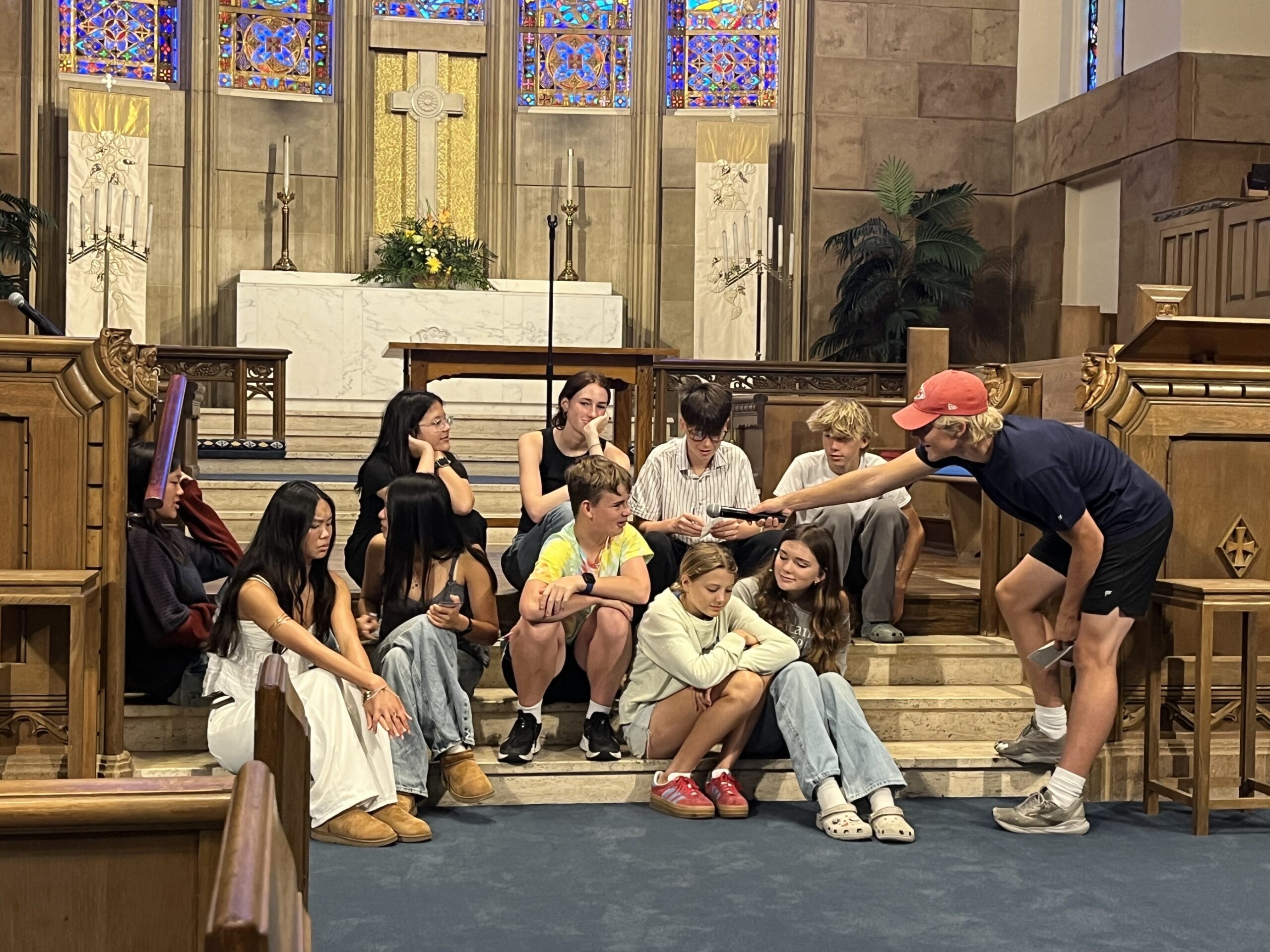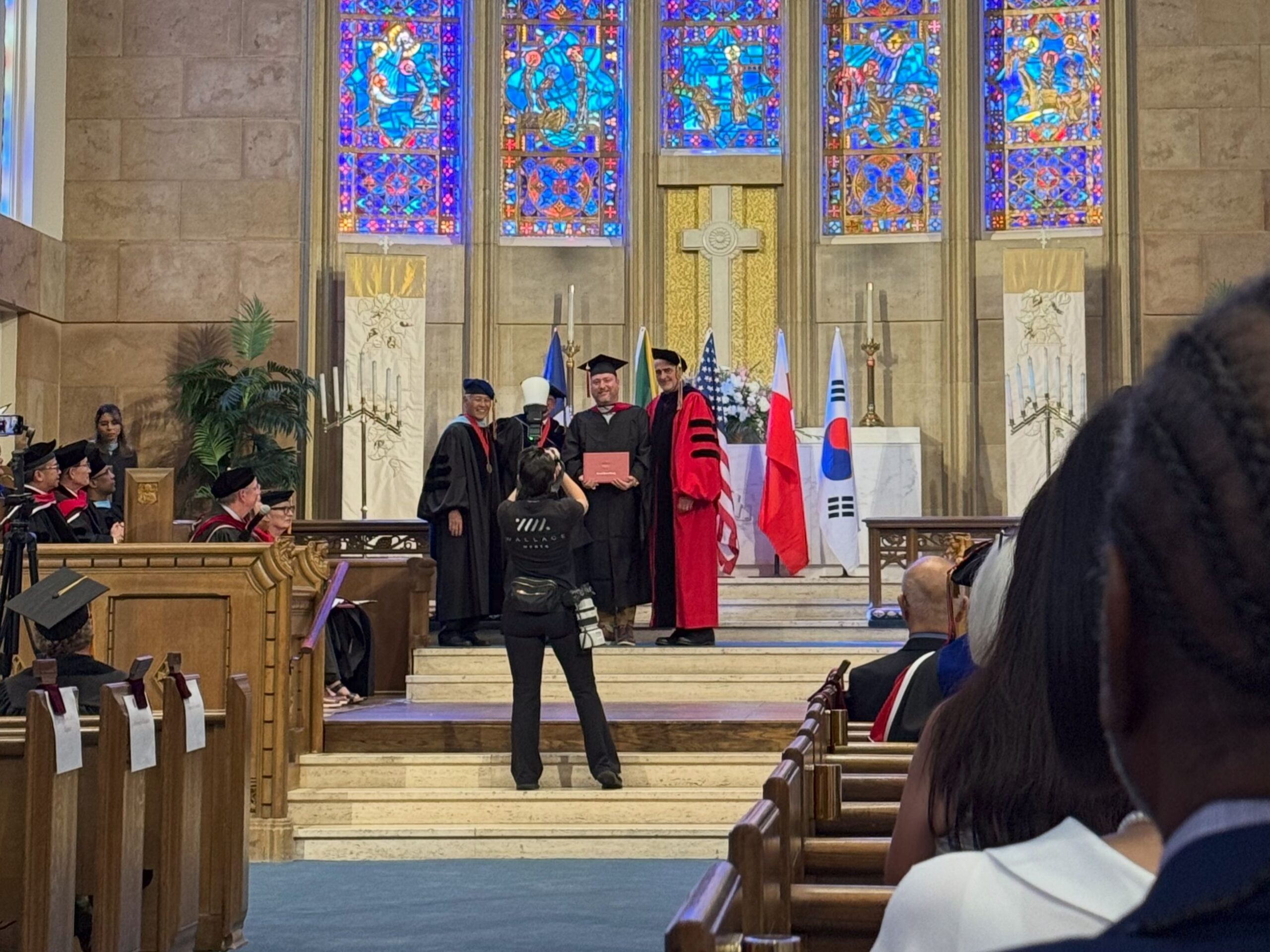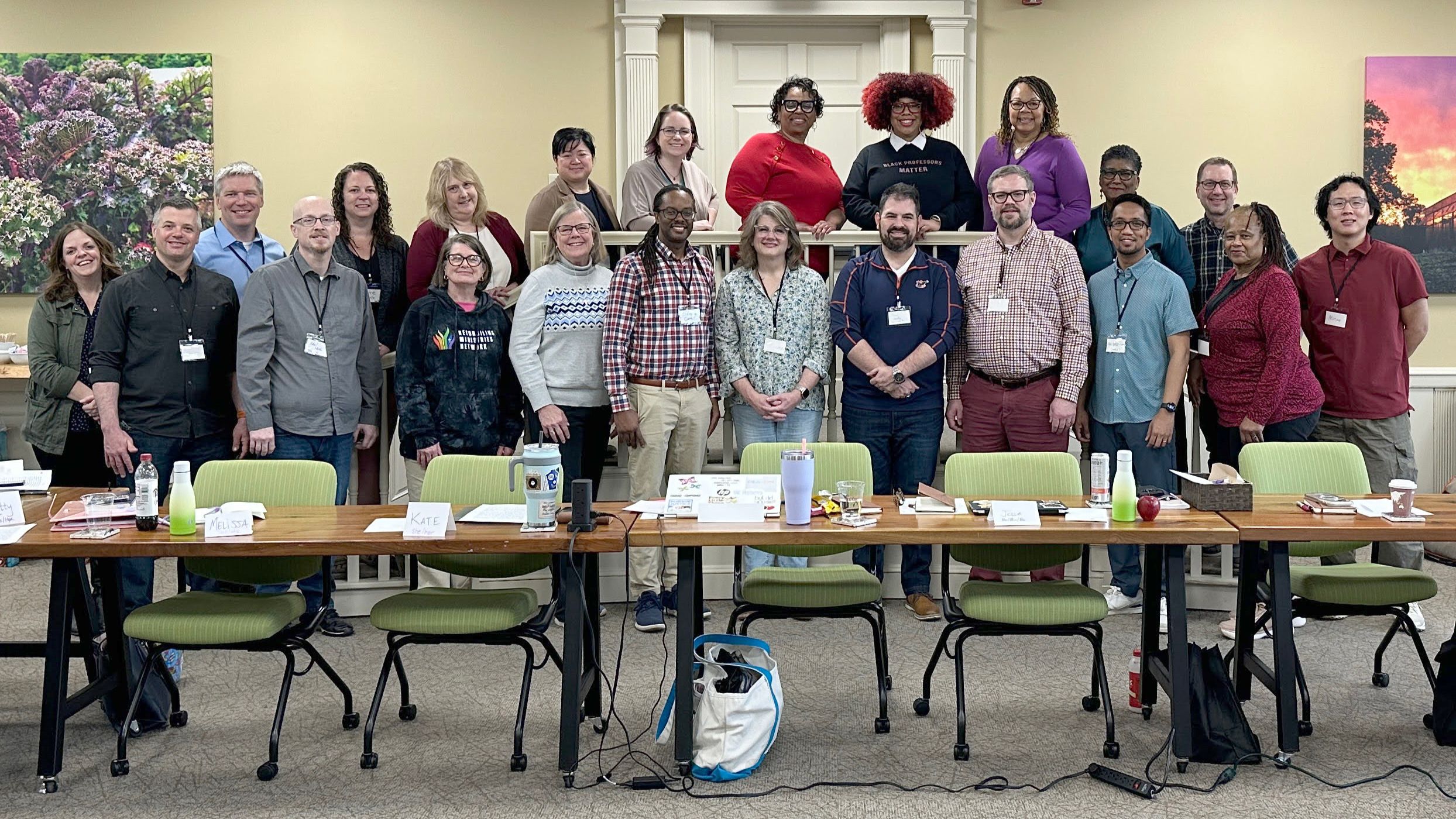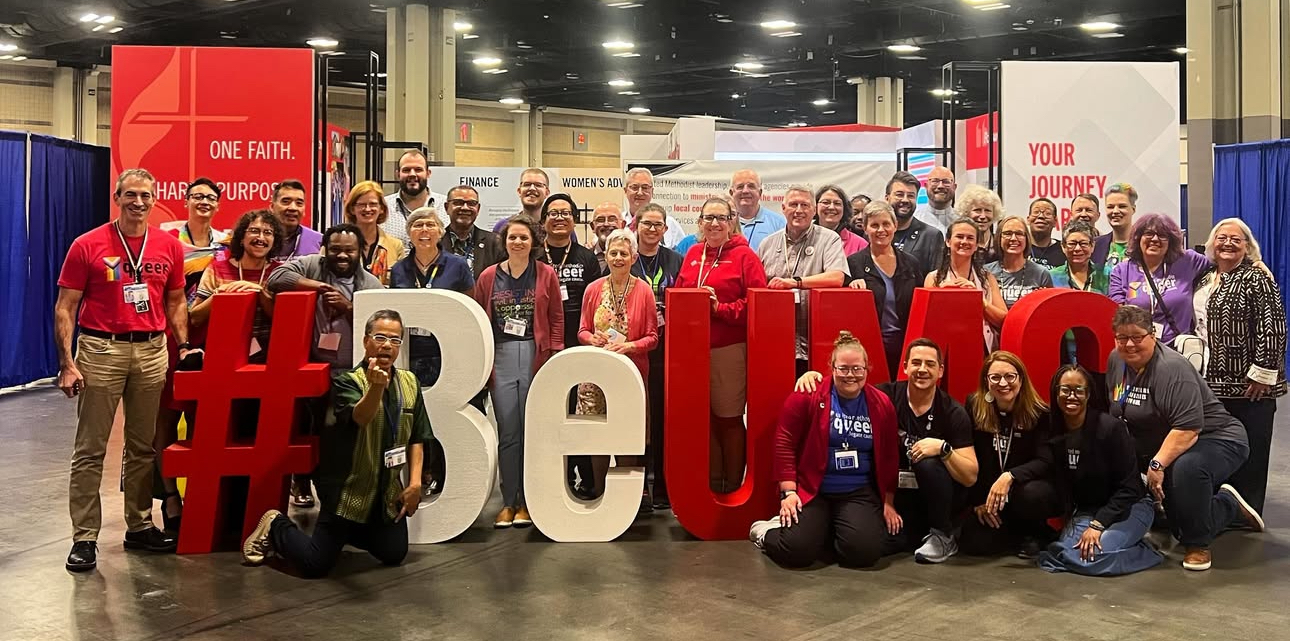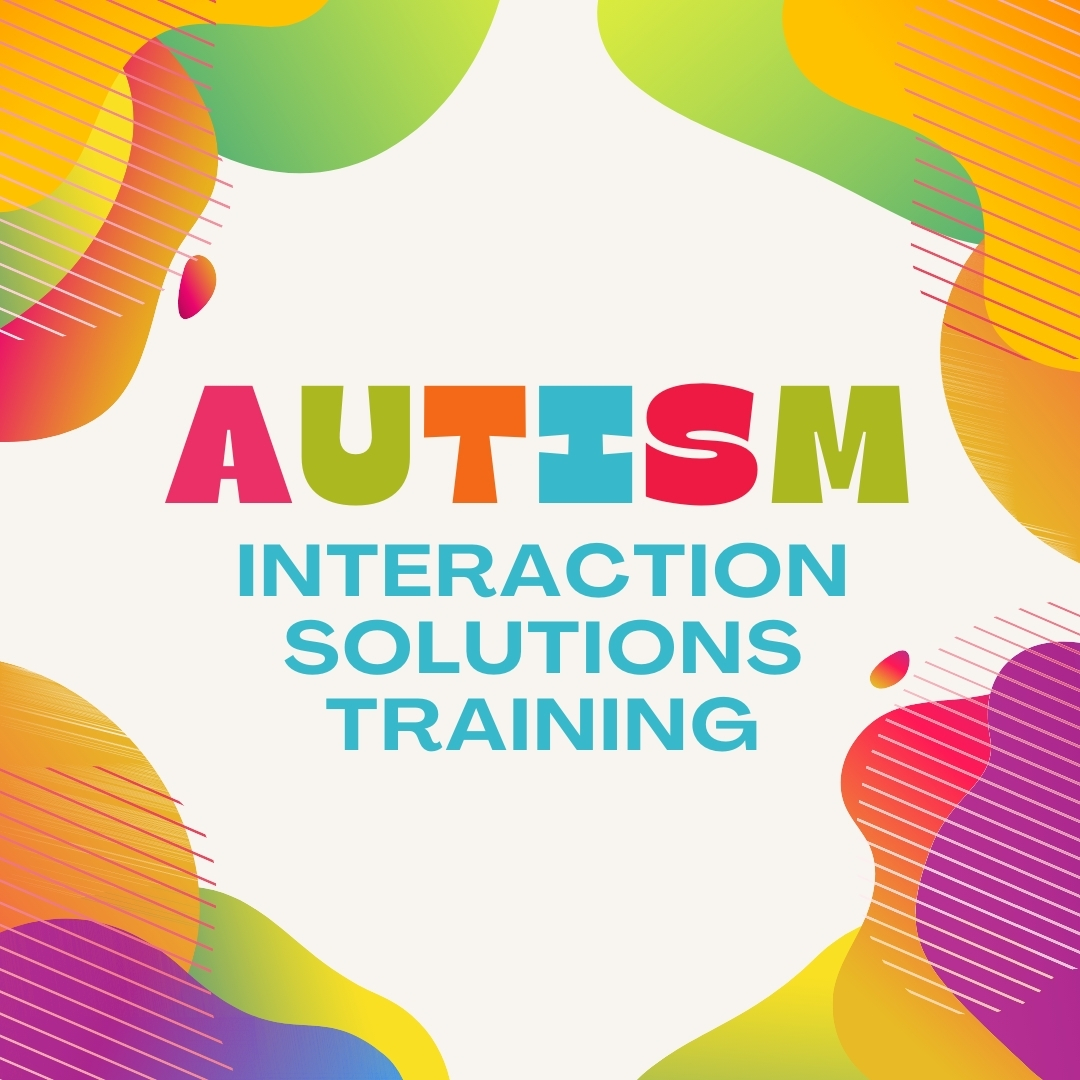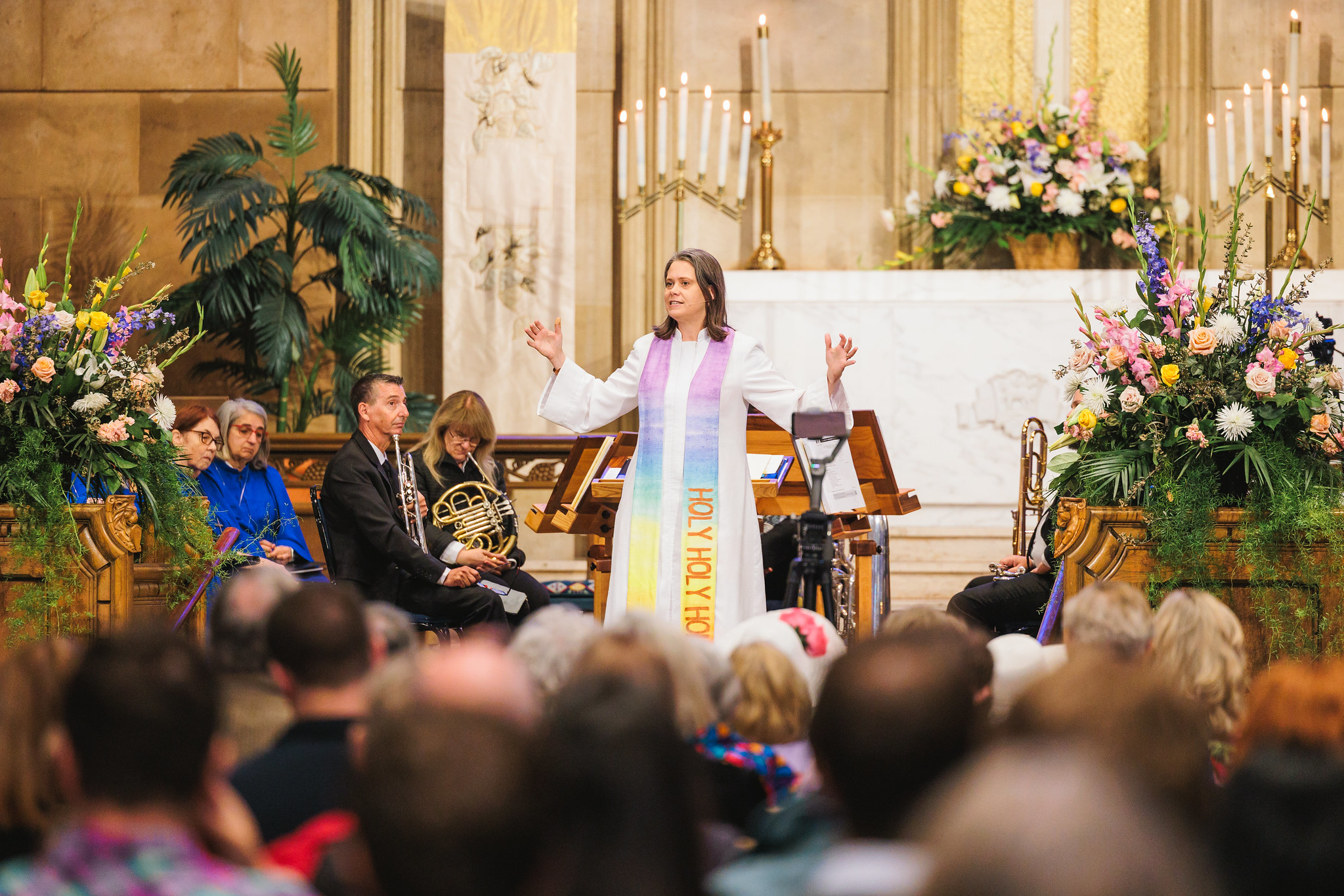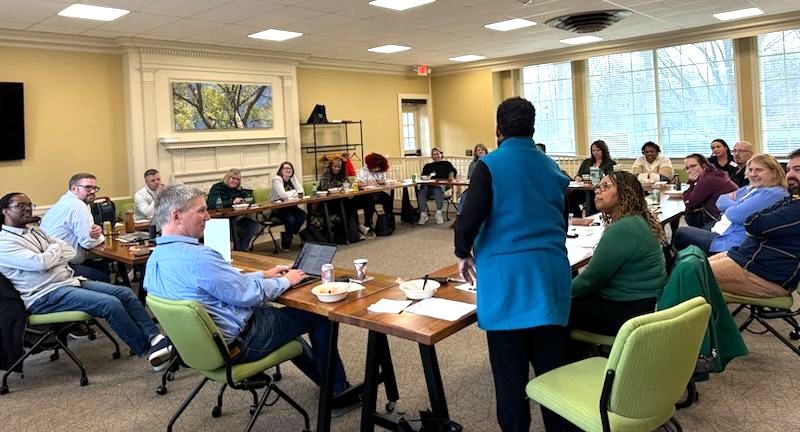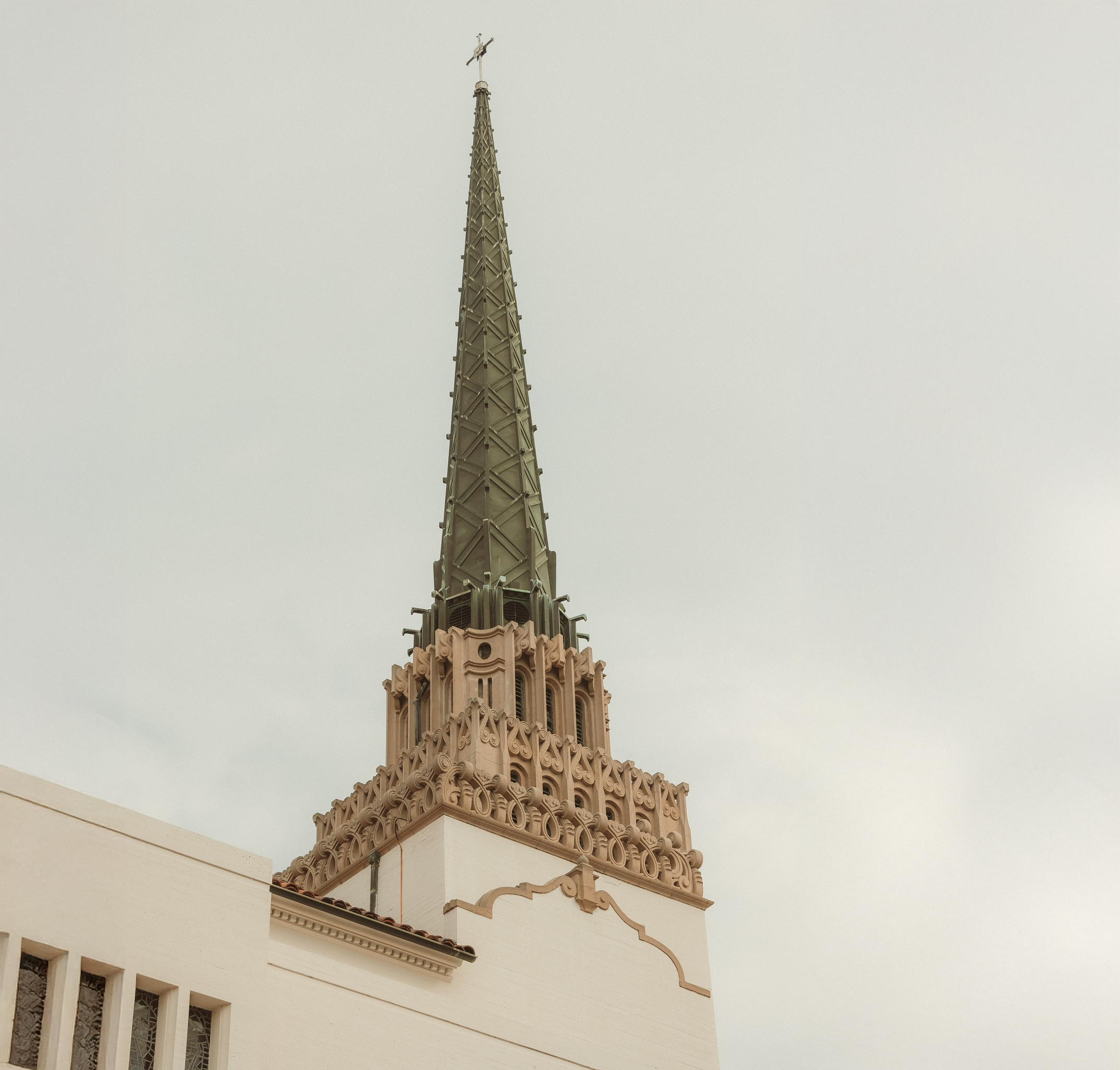Dear Westwood Community,
I hope this note finds you all doing well and having enjoyed the past few months of summer. I am excited to be returning to Westwood after my two-month writing leave. And while I was able to finish one essay and make significant progress on my edited volume, as most (good) writers will tell you, revising your work always takes longer than you anticipated!
The essay that I was able to finish will be published through the Yale Forum on Religion and Ecology and is titled, “Environmental Justice in an Age of Catastrophe.” There is one paragraph in the essay that, while specifically identifies the challenges with change environmental policy, transcends the field of environmental justice and can be applied to Christian’s writ large:
“If we are going to change our ways, and if the political leadership of our various countries who are predominantly male and operate under the capitalist logic of whiteness is going to be persuaded to change, then we must be confronted with the concrete reality of our role in moving our planet into our current epoch. We must view accountability as a sign of courage rather than weakness, a sign of wisdom rather than capitulation.“
Americans, Christians, and especially American Christians from a dominant caste struggle to hold themselves or others from their particular caste accountable for any wrongdoing that undermines their sense of self-worth and identity. History shows us that those in the dominant caste often conflate awareness (or even acceptance) of the oppression of a marginalized group with the act of holding ourselves accountable for our complicity with said oppression. Awareness is only important if it moves you towards compassionate action. Without the courage to take action to alleviate the suffering we see around us, our awareness of the oppression of others becomes an intellectual tool that we deploy to convince ourselves that we are not as “bad” as those “other Christians.” My recent visits to the plantations and civil rights monuments of the American Southeast helped me understand, with piercing clarity, that silence, inaction, or awareness ultimately support the maintenance of the status quo.
The current rise in political violence in our country is directly tied to our collective inability to honestly reckon with our past, to hold ourselves accountable for the mistakes of our ancestors, and to dismantle the theological norms that enabled such political violence to emerge. Whether it is the assassination attempt of former President Trump – who uses politically violent language in all of his speeches and now finds himself a victim of the violence he promotes – or the senseless murder of Sonya Massey by a sheriff deputy who was called to her residence to protect her from a suspected prowler, our nation has reached a crossroads where we must choose between violence and solidarity rooted in love.
As Christians who stand against violence, hate, exploitation, and dehumanization we must do more than just simply say “we are different than those Christians” we must show it through the development of new theologies of liberation that we hold ourselves accountable to enacting. As the writer of James reminds us, we “must be doers of the word and not only hearers who mislead themselves.” To that end, the next three sermon series in The Loft are aimed at helping us discern what being a “doer of the word” means for us today.
Starting this Sunday we will begin “The Way of Compassion,” an 8-week series that will help ground us in the transformative power of compassion. Compassion is the heartbeat of Christian practice, it draws us closer to the Divine, it is the balm that heals our old wounds and protects us from new ones, it opens us up to pain and suffering of others. Our church must become a school of compassion if we are to build community in such polarizing times. Having grounded ourselves in compassion we will be better equipped to address our contemporary political turmoil. The next sermon series, “The Flag & The Cross” will explore white Christian Nationalism and the danger it poses to Christianity and a multiracial democracy. As a progressive Christian community that is unapologetically inclusive, we must learn what White Christian Nationalism is so that we can accurately identify it, speak against it, and offer an alternative vision of Jesus’ Beloved Community. To be sure, economic inequality is a primary factor in driving Christians towards nationalist ideologies. The United States is the richest country on earth and has more poverty than any other advanced democracy. Why? Why do one in every eight children go without basic necessities? To this end, the final sermon series before Advent, “Poverty: By America” will examine the theological norms that have helped shape our current economic policies.
The throughline though these three series is the theological significance of accountability – how might we become doers of the word rather than hearers who mislead themselves? And while this is no easy task, we are blessed that we can do this work together. Indeed, it is within and through community that we hold ourselves accountable to creating God’s Beloved Community.
Love & Solidarity,
Rev. Dr. Christopher Carter


